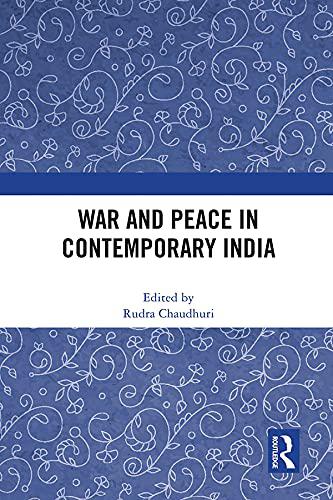War and Peace in Contemporary India
War and Peace in Contemporary India examines the importance of institutions and the role played by international actors in crucial episodes of India’s strategic history.

War and Peace in Contemporary India examines the importance of institutions and the role played by international actors in crucial episodes of India’s strategic history.
The Trump administration is erasing gains in anti-corruption made under previous presidencies. Despite the harsh disruption, sources of domestic and international resilience still exist.
The countries of the region have engaged in sustained competition that has tested their capacities and limitations, while resisting domination by rivals. Can a more stable order emerge from this maelstrom, and what would it require?
California is acutely aware of the intense renegotiation happening almost daily in domestic and international politics.
For practitioners of subnational diplomacy, 2025 has required quick adaptation and evolution to tectonic shifts.
As Washington reduces its presence in the country, the success of its withdrawal and continued containment of the Islamic State will hinge on adopting an approach of flexible oversight built around three priorities, as well as balancing Turkish and Israeli red lines.